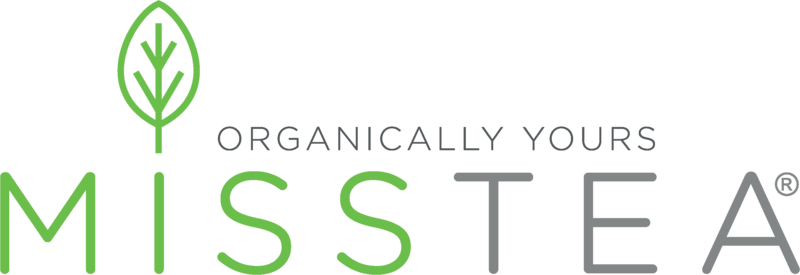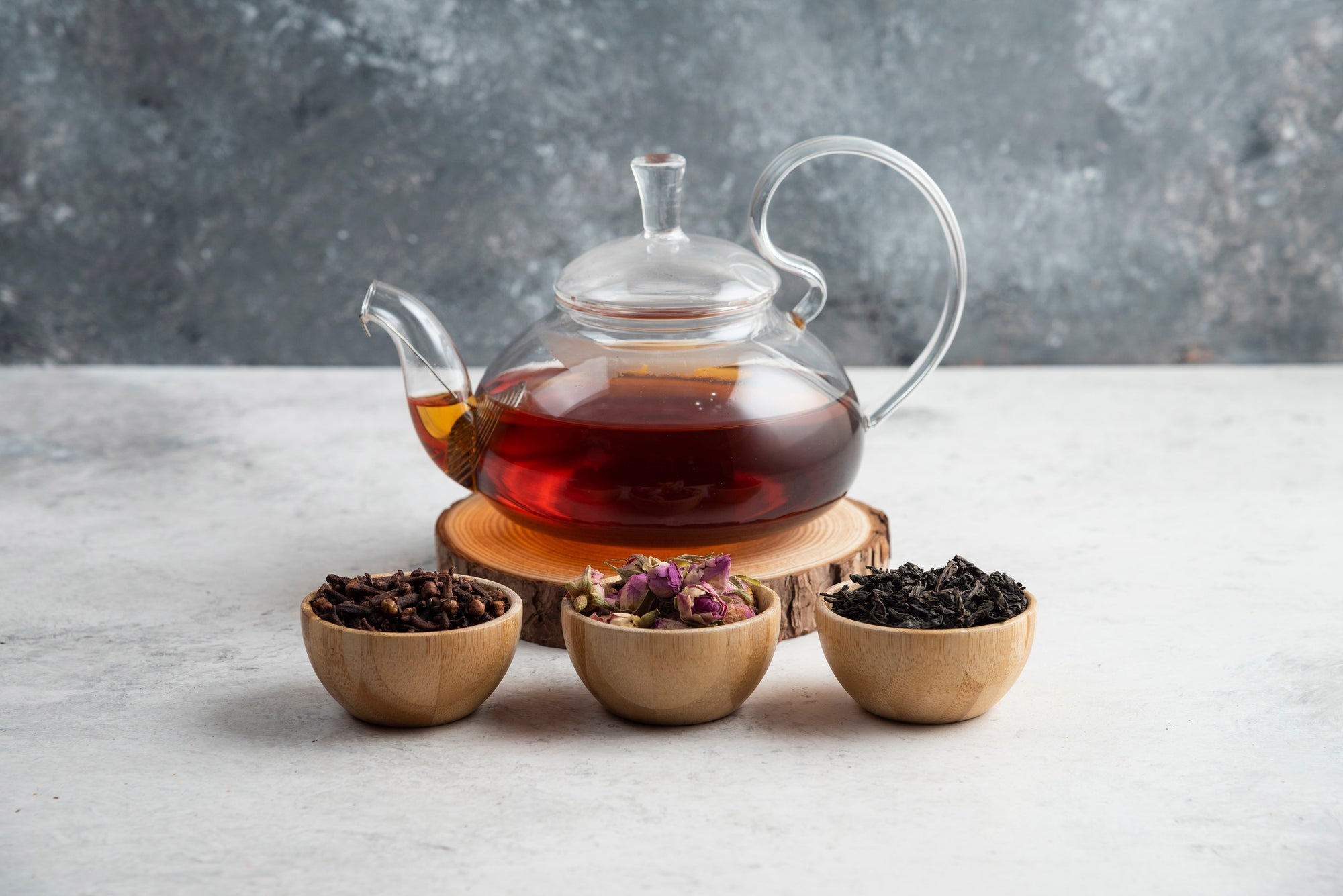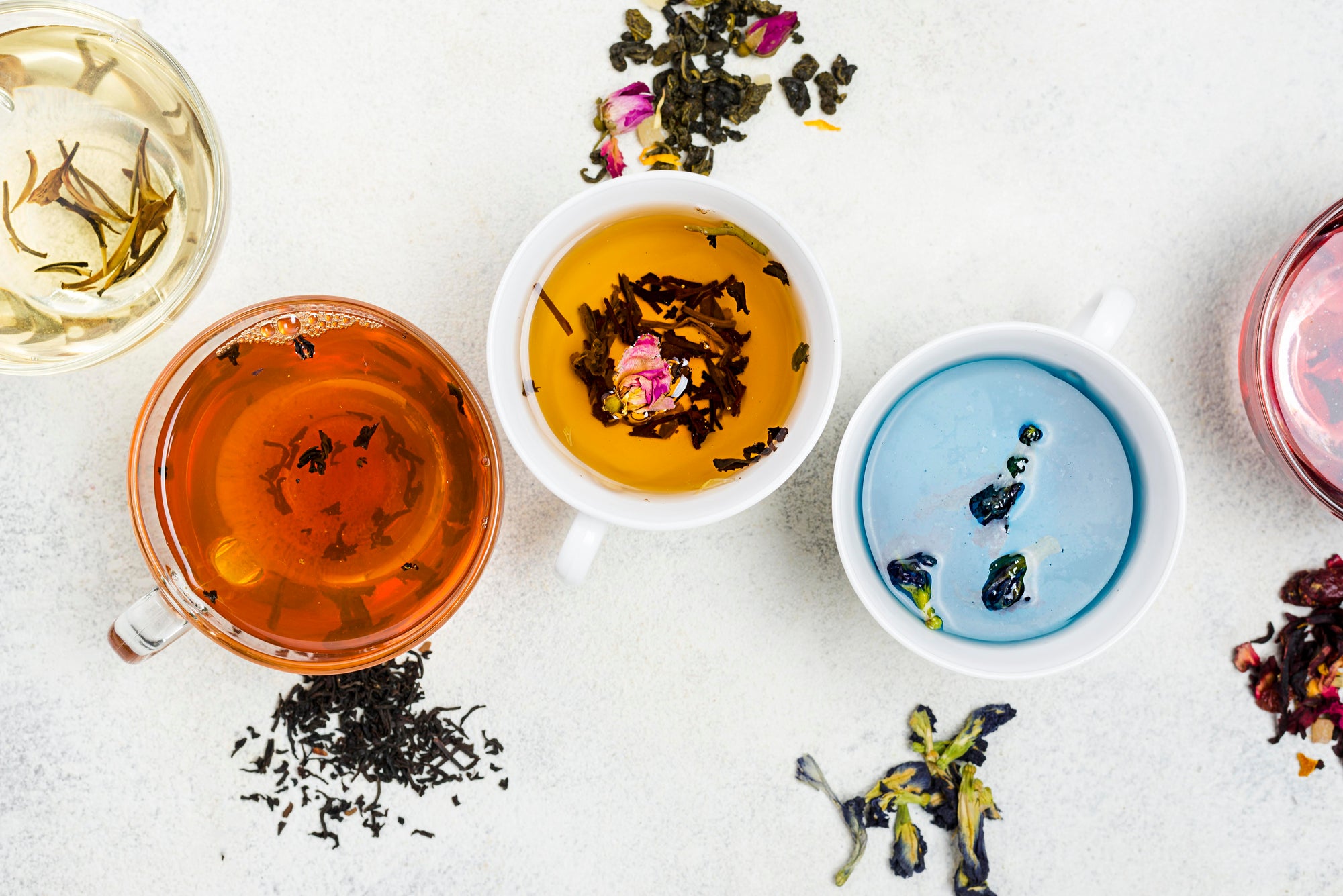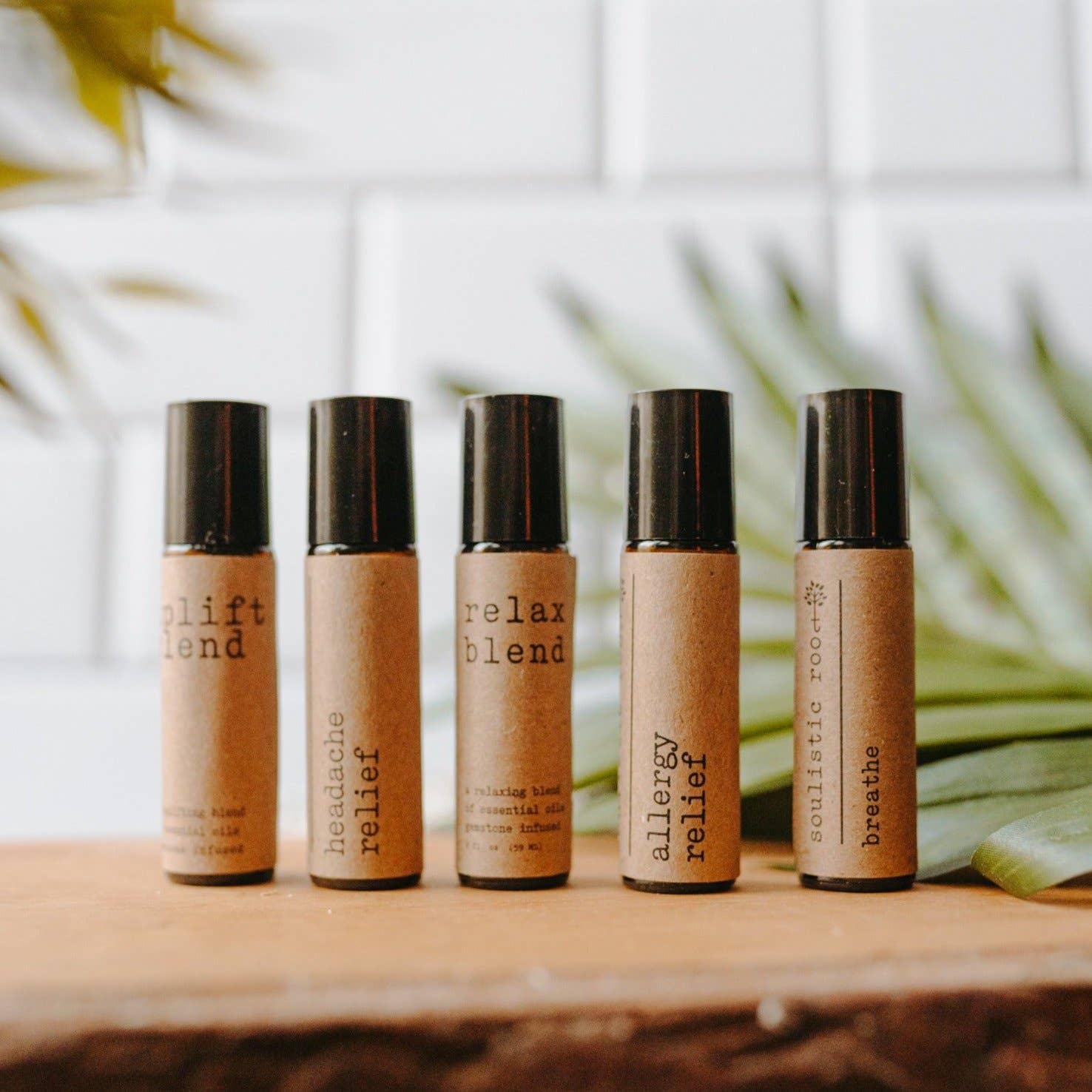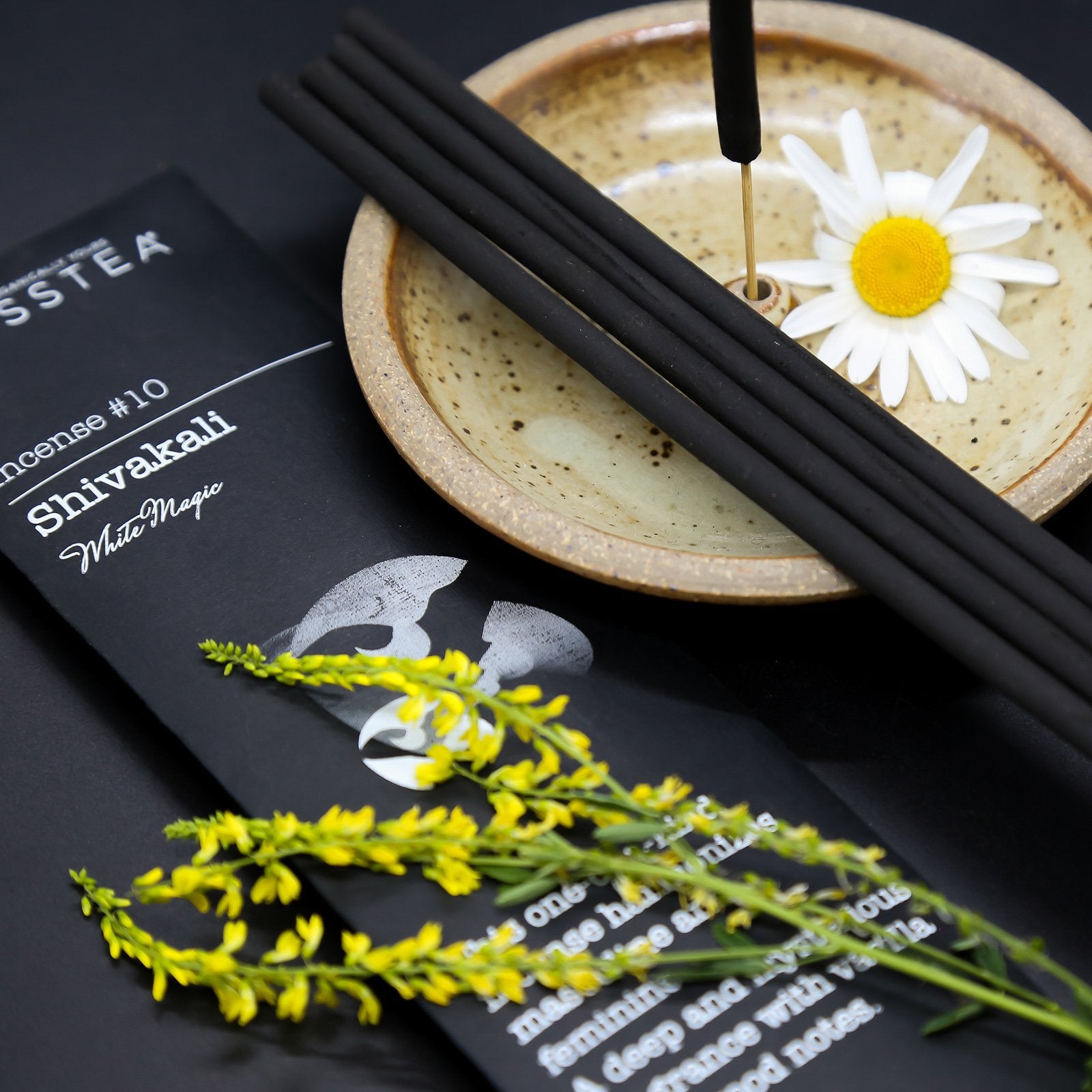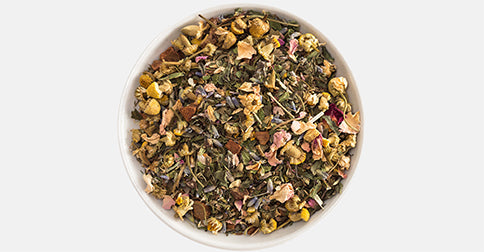
For many women, pregnancy is the healthiest time of their life. That skin glow and hair shine accompanies them throughout three trimesters, with high energy levels and wondrous mood. However, almost no pregnancy goes on without some of the common symptoms - minor for some, major for others - such as nausea, insomnia, sore muscles, fatigue, or constipation.
Before we had pharmaceuticals, many cultures around the world had found natural herbs to be useful in treating many of those symptoms, and even prepare the body for labor. Those natural remedies can be more gentle than the pharmaceuticals for treating symptoms such as nausea, cold and insomnia - when used safely and correctly.
Is using herbs safe during pregnancy?
In general, like everything, some herbs should be safe to use in moderation, and even very helpful. However, each body is different, and it is highly recommended to consult your doctor while changing your diet, using herbs or natural remedies, and if you experience any change in your symptoms.
To make sure you’re keeping yourself and your baby safe, we would highly suggest to stay away from herbs during the first trimester, and to only use herbs known to be safe. Also, consult an herbalist to stay on the safe side.
5 natural herbs that are considered safe and healthy in pregnancy
Ginger - Morning sickness is the most common symptom of pregnancy. The nausea will hold your hand and not let go for very long nine months. One of the most effective ways to quite it down is Ginger.
If you’d rather avoid pharmaceuticals, try this spicy and aromatic herb in your tea or your cooking to ease those nauseous mornings.
Chamomile - This soothing and gentle herb can help you with nausea, ease digestion, reduce insomnia and most important, give you some much needed relaxation. The taste of chamomile tea with some honey is addictive, however, try avoiding drinking more then 1-2 cups a day.
Raspberry leaf - Raspberry leaves have been used for centuries to prepare women for birth. Studies have shown that it tones the uterus and reduce complications associated with birth. Raspberry leaves are usually mixed in herbal infusions, such as our Femininitea, a delicious blend which contains chamomile, nettle and spearmint. It’s important to note that red raspberry leaves help ease contractions, and should only be used during the ninth month of the pregnancy.
Nettle - stinging nettle is one of the most nourishing herbs in general, as it is rich in minerals, contains a lot of vitamin C, carotene, and iron. Nettle is traditionally believed to prevent anemia in pregnant women. Fresh nettles can be cooked and eaten just like spinach, or boiled in tea.
Red Rooibos - Made from fermented leaves of the South African shrub, rooibos is very high in two types of antioxidants - aspalathin and nothofagin. Rooibos tea is a great, non-caffeinated, supplement for green tea, to get those healthy antioxidants into your body. Antioxidants will boost your immune system while soothing and relaxing your body.
Moderation is key in using herbs and natural remedies during pregnancies. Our most important piece of advise is: trust your body. If something doesn’t feel right, even if it is recommended and considered safe, listen to your instincts and don’t consume it.
For educational purposes only. This information has not been evaluated by the Food and Drug Administration. This information is not intended to diagnose, treat, cure, or prevent any disease.
The author is not a medical expert and the information written is not medical advising. We would highly urge you to stay in touch with your physician throughout all stages of your pregnancy, and consult them on any change in your diet.
